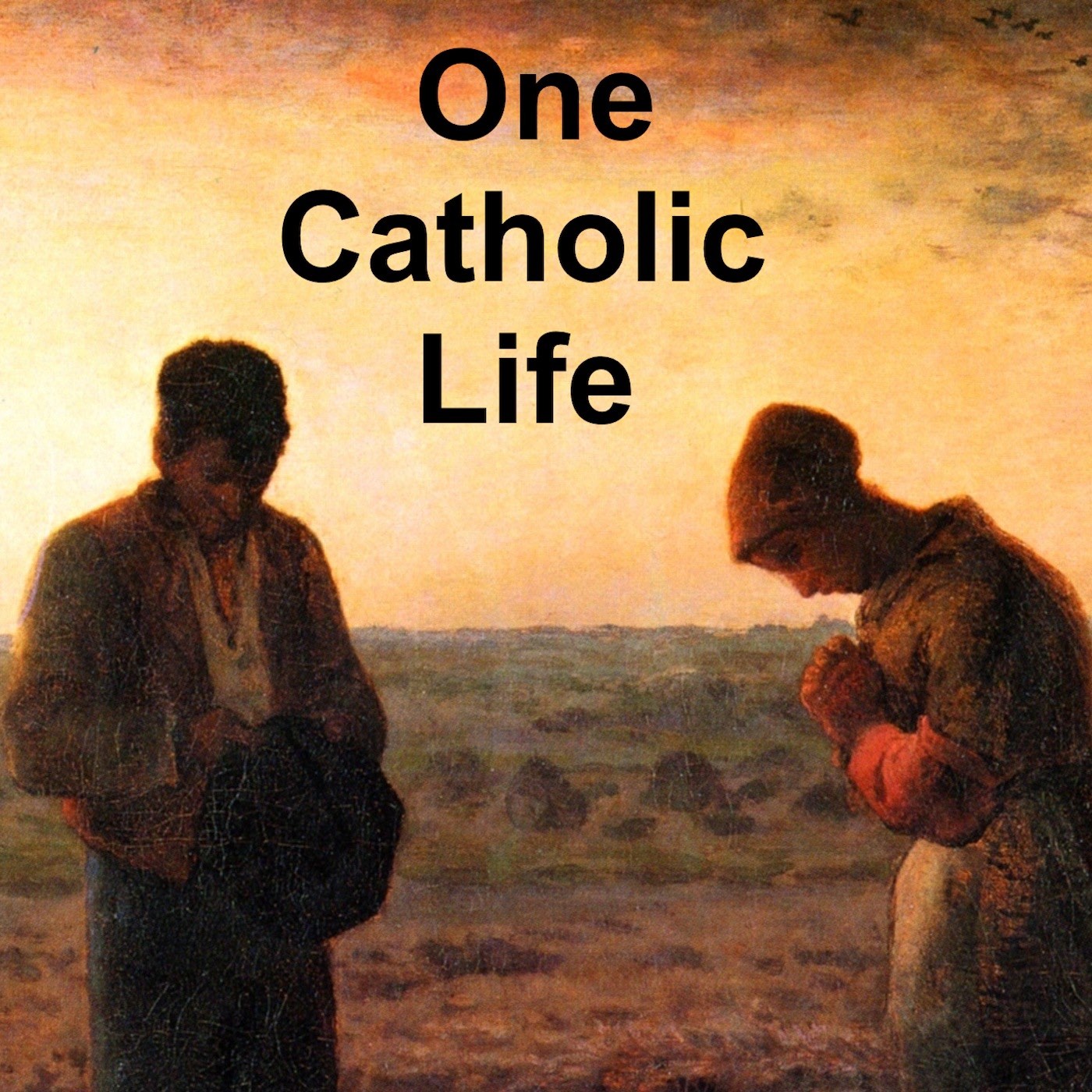The Force Awakens – Homily for the 2nd Sunday in Ordinary Time – Year C
Description
I’m sure you’ve heard about the new Star Wars movie,
The Force Awakens.
It’s breaking all box office records,
and I’ve seen it myself a couple of times.
One of the things I find interesting about this new Star Wars trilogy
is that it begins in the same way as the original trilogy with Luke Skywalker.
If you haven’t seen it yet, I’m not giving much away
by saying that the main character starts the story on a desert planet
feeling forsaken, feeling abandoned,
just like Luke Skywalker alone on the planet Tatooine
feeling left out of things,
feeling abandoned by his friends who have gone off to fight in the rebellion.
Now this is not unique, of course, to Star Wars.
Many, many stories begin wth the main character
being abandoned or forsaken.
Harry Potter, for instance, is left on the Dursley doorstep as a baby
where he grows up in a tiny room under the stairs, abandoned, seemingly, by any friends he might have had.
There’s also Robinson Crusoe, shipwrecked on an island,
young Pip in Great Expectations and Jane Eyre,
orphans who are raised by distant family members,
and Cinderella who is left abandoned when her father passes away
and is forsaken, ignored, persecuted by her stepmother and stepsisters.
These stories resonate with us
because we can feel abandoned at times,
we can feel forsaken,
that we’re living as the prophet Isaiah says in a desolate land.
This is especially true this time of year in January,
with its grey skies and frigid temperatures.
We’ve just come out of the long holiday season.
The celebrating began at Thanksgiving
and lasted all through November and December.
And then suddenly life returns to normal.
The mail has turned from Christmas cards to credit card bills.
Now we’re back at work,
the kids are back in school, and so life continues.
It’s a bit of a let down,
this time of year called Ordinary Time.
It’s not meant to be humdrum, but that’s sometimes how we feel.
The word Ordinary itself simply comes from the word Ordinal
which means counted, it’s counted time,
we count the weeks of the Church year.
But maybe sometimes we feel instead
that we’re counting down the days to our next vacation.
And the culture around us doesn’t help, either.
Sometimes we feel abandoned by the culture,
abandoned by people who call us ignorant for our beliefs,
or who say that we’re outdated,
that the values we believe in are old-fashioned.
We’re “out of touch with reality.”
Sometimes this even happens on a national scale
when a group is mocked or persecuted.
Certainly the Jews during the Holocaust
must have felt abandoned,
like they were living in desolate times.
In today’s world Christian Syrians
and other Christians in the Middle East feel abandoned, forsaken.
And so in some way we can all relate to being abandoned,
of being left on our own,
like Rey or Luke Skywalker in Star Wars,
or Harry Potter, or Jane Eyre.
That’s why the Wedding Feast of Cana is so important today, right now.
For the rest of this year we will be reading from the gospel of Luke,
but before we get to Luke,
the Church chooses this reading from John’s Gospel
to help us transition from the Christmas season to Ordinary Time.
The Wedding feast of Cana reminds us
that we are not forsaken,
that we are not abandoned,
More Episodes
We are given very powerful readings today,
powerful individually and powerful collectively.
And at the heart of them all is a line by St. Paul
in his letter to the Romans:
“…be transformed by the renewal of your mind,
that you may discern what is the will of God,
what is good and pleasing...
Published 09/04/23
Published 09/04/23
It’s a sad fact of history
that the largest religious community
that ever lived together in the same place
in the history of the Catholic Church
was at the Dachau concentration camp in Germany during World War II.
Over 2,500 Catholic priests became prisoners in Dachau,
in Cellblock 26,...
Published 02/13/23


